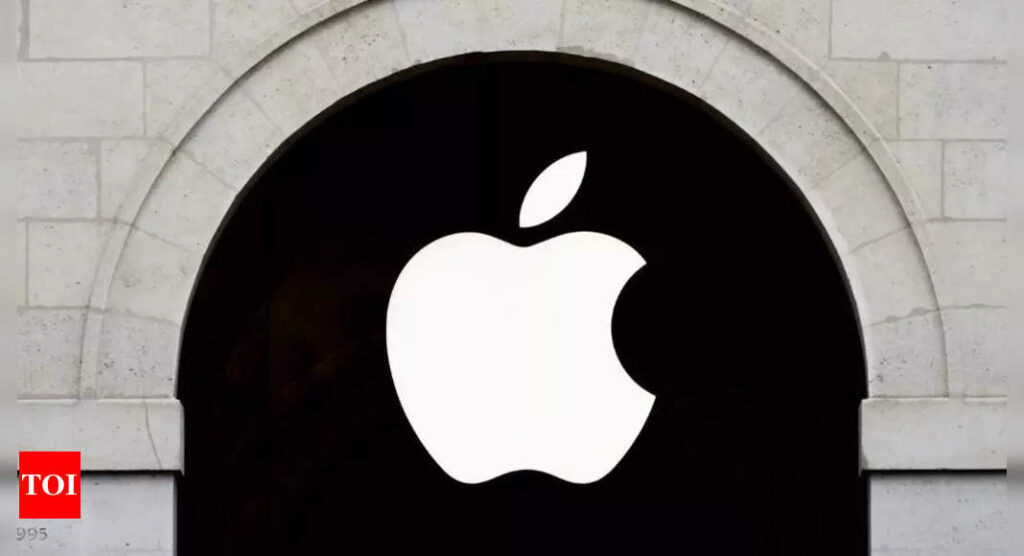[ad_1]
Apple licenses the underlying technology used in the chips that power the iPhone, iPad, Mac, Apple Watch, Apple TV, and HomePod from Arm. The Cupertino-based tech giant reportedly represents less than five per cent of Arm’s annual revenue despite being the chip designer’s biggest and most important customer. The iPhonemaker also reportedly pays Arm the least among all the other smartphone chip customers.According to a report by The Information, Apple pays the UK-based chip architect a flat fee of less than 30 cents in royalties for each chip used in its devices, regardless of how many cores it has. The report also notes that the revenue that Arm generates from Apple is around half the figure for each of the chip designer’s top two customers, Qualcomm andMediaTek.
In 2017, Arm-parent SoftBank’s CEO explained to Arm executives that Apple pays more for the plastic that is used to protect the screens of new iPhones than it does to license Arm’s intellectual property. However, SoftBank‘s attempts to renegotiate Arm’s deal with Apple to increase royalty rates were unsuccessful.
How Apple is planning to replace Arm as a supplier
In September, Apple signed the current licensing agreement with Arm which “extends beyond 2040.” Yet, the chip architect has reportedly continued its attempts to renegotiate its financial terms. However, Apple is unlikely to sever its ties with Arm. Meanwhile, the tech giant is exploring the long-term possibility of using a competing open-source technology for its chips called RISC-V.
In 2017, Arm-parent SoftBank’s CEO explained to Arm executives that Apple pays more for the plastic that is used to protect the screens of new iPhones than it does to license Arm’s intellectual property. However, SoftBank‘s attempts to renegotiate Arm’s deal with Apple to increase royalty rates were unsuccessful.
How Apple is planning to replace Arm as a supplier
In September, Apple signed the current licensing agreement with Arm which “extends beyond 2040.” Yet, the chip architect has reportedly continued its attempts to renegotiate its financial terms. However, Apple is unlikely to sever its ties with Arm. Meanwhile, the tech giant is exploring the long-term possibility of using a competing open-source technology for its chips called RISC-V.
It is important to note the license-free RISC-V technology will require a decade or so of work for Apple before being a viable alternative. SoftBank CEO Masayoshi Son also wants Apple to pay Arm more, but the chip architect doesn’t have any leverage.
Earlier, Son said Apple CEO Tim Cook that Arm would be raising prices for all its major smartphone and chip customers. Meanwhile, Apple argued that the current contract between the companies will last through 2028.
[ad_2]
Source link











More Stories
Google Maps: Three privacy features coming to Google Maps on Android, iPhones
Most-Downloaded IPhone App: This Chinese app was the most-downloaded iPhone app in the US in 2023
Ukraine’s largest mobile operator goes offline for millions of users after cyber attack